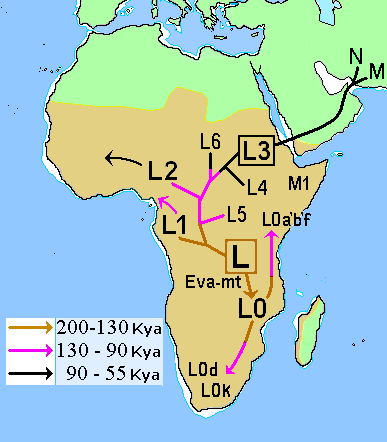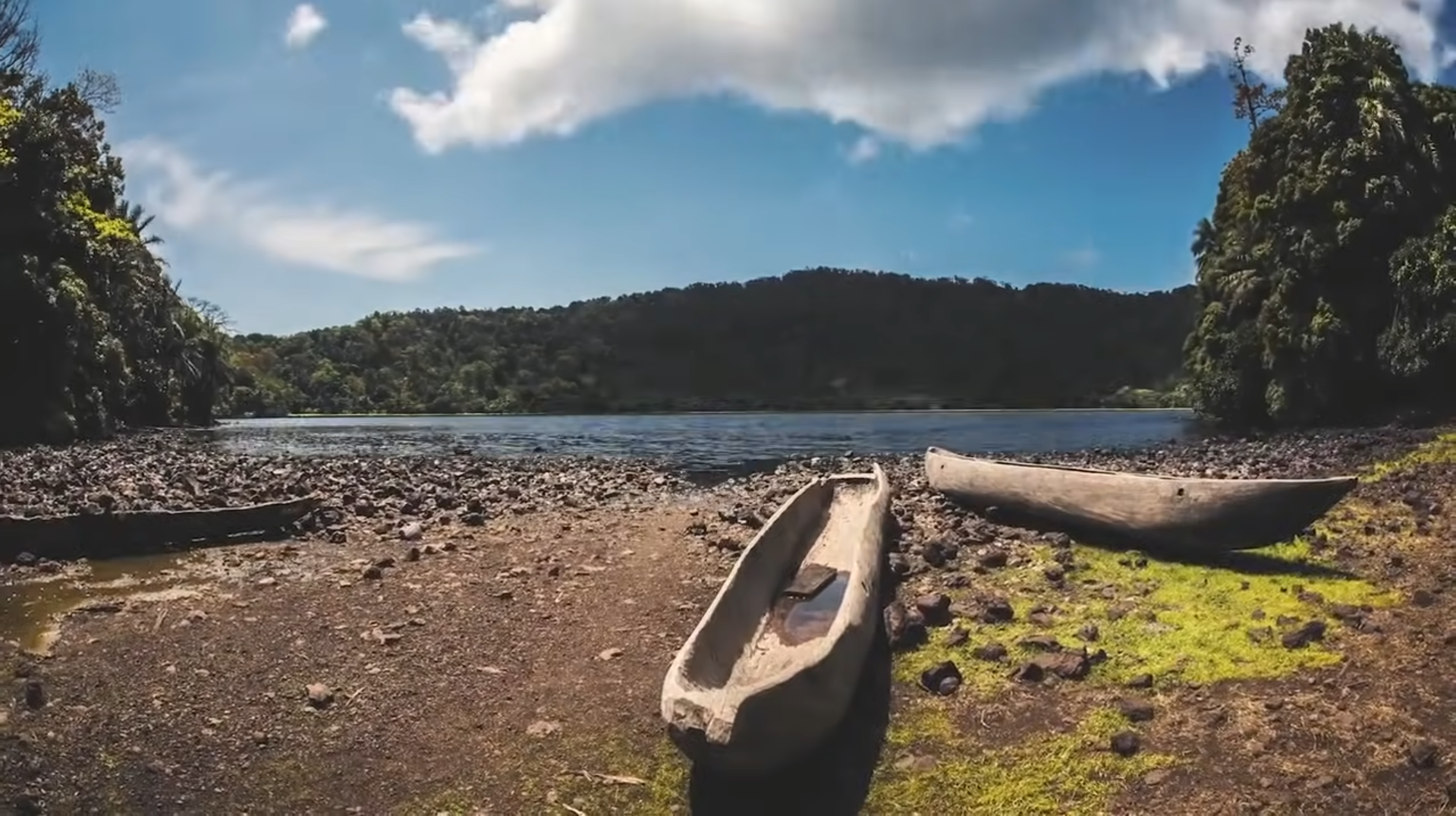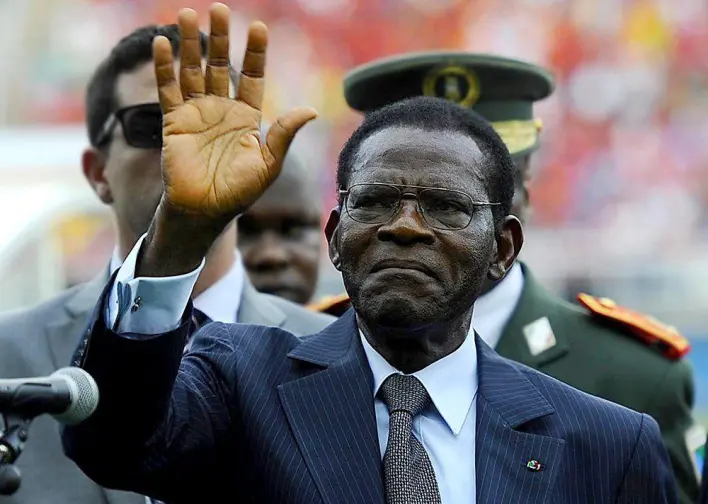Bantu Migrations
The Abóbë are part of the Bantu ethnic group, which undertook significant migrations across Africa. These migrations, spanning from around 1000 BCE to 1500 CE, involved the movement of people from the region that is now Nigeria and Cameroon into other parts of Central, Eastern, and Southern Africa.Migration to Bioko
According to a “Bubi” legend, amid the widespread war invasion across Africa, the Eböobé people, guided by a spirit named Eri, patiently waited on the outskirts of Cameroon for a signal from the spirit. The narrative recounts the emergence of a dark gray cloud from the sea, which turned out to be the eruption of Pico Basilé, giving rise to an island. Biátto (Canoes), crafted from sizable trees, were fashioned to transport families to this newfound land. Upon arrival, the island was named Ëtulá a Ëri. The Abóbë people sustained themselves with seafood and lush greens from the forest along with the favored yam, Taro. Isolated from the mainland, they successfully preserved their ancient culture and language.
Slavery
Fernando Póo, a Portuguese navigator, discovered the island in 1471 during his voyages along the west coast of Africa. The island was subsequently named "Fernando Póo" in his honor. Following its discovery, the island saw the establishment of Portuguese settlements in the 16th century and became involved in the transatlantic slave trade. Most Abóbë were taken through the Bight of Biafra.Colonial Transfers
In 1778, the island, along with other territories, was ceded to Spain under the Treaty of El Pardo. The Spanish aimed to expand their colonial empire and enhance their strategic and economic interests in the region.From 1827 to 1843, the British occupied the island with Spanish consent, primarily to suppress the slave trade and establish a base for anti-slavery operations. During this period, British Baptist missionaries also arrived on the island.
After the British departure, Spain reasserted its control over Bioko and began to develop the island, particularly through the establishment of cocoa, coffee, and timber industries. The capital, Santa Isabel (now Malabo), became a significant administrative and economic center.

